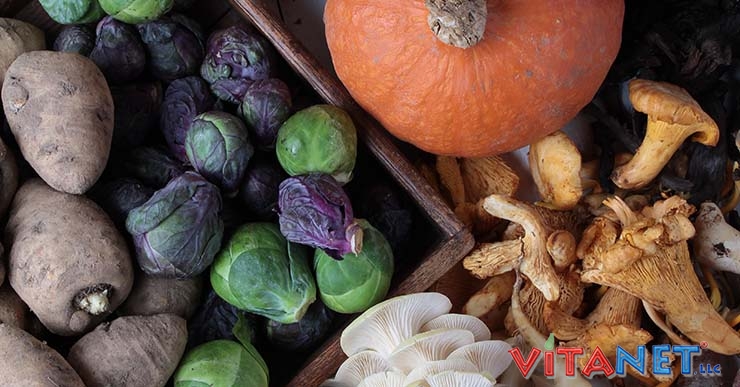A recent study conducted at Brigham Young University has confirmed that a decrease in food consumption increases longevity, and has identified the reason. Activity in ribosomes – responsible for generating protein for cells – is slowed by a drop in caloric intake. That slowdown functions as a rest for the ribosomes, and increases their long-term effectiveness
Key Takeaways:
- There’s a multi-billion-dollar industry devoted to products that fight signs of aging, but moisturizers only go skin deep. Aging occurs deeper — at a cellular level — and scientists have found that eating less can slow this cellular process.
- The researchers found that when ribosomes — the cell’s protein makers — slow down, the aging process slows too. The decreased speed lowers production but gives ribosomes extra time to repair themselves.
- Ribosomes, like cars, are expensive and important — they use 10-20 percent of the cell’s total energy to build all the proteins necessary for the cell to operate. Because of this, it’s impractical to destroy an entire ribosome when it starts to malfunction.
“Aging occurs deeper — at a cellular level — and scientists have found that eating less can slow this cellular process.”
https://www.sciencedaily.com/releases/2017/02/170213151306.htm

